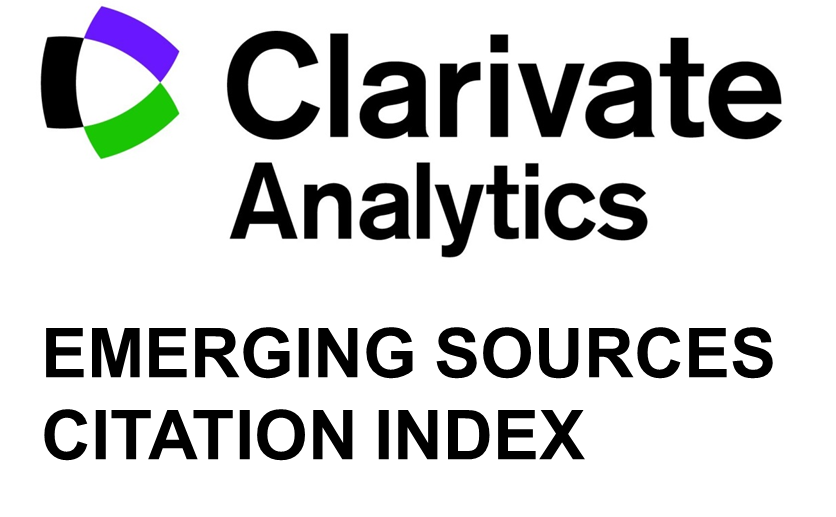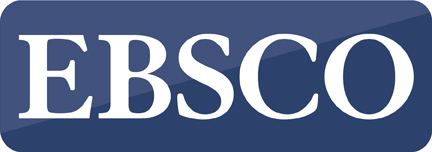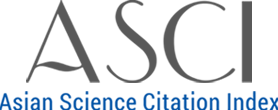Addressing Socio-Economic Drivers of Management Style Evolution: Embracing Complexity Leadership Solutions
DOI:
https://doi.org/10.5937/StraMan2400016NKeywords:
Leadership, Complexity, Employees, Organizations, Socio-economic driversAbstract
Background: The information age has ushered in a novel economic model known as the information economy, challenging traditional bureaucratic mechanisms that were primarily seen as tools to mitigate uncertainty. Within this context, complex leadership emerges as a paradigm that thrives on systemic interactions and intricate dynamics. Here, the onus lies on establishing the framework and conditions that empower the adaptive essence of leadership to flourish.
Purpose: The aim of this research is to establish a framework for optimal leadership management, uncovering previously unexplored factors shaping employee work behavior. By identifying and defining key components within management mechanisms that greatly enhance employee performance, the objective is to cultivate rooted and effective management practices.
Study design/methodology/approach: The research involved 480 respondents from diverse socio-demographic backgrounds and companies. Complexity leadership was assessed using the Complexity Leadership Scale, measuring Generative and Administrative leadership. Employee cooperation was evaluated with the Scala Supportive and Non-Controlling Supervision. Statistical methods included multiple regression, Pearson correlation, t-tests, and MANOVA.
Findings/conclusions: The evaluation shows that both Generative and Administrative leadership are moderately expressed. Generative leadership positively correlates with Supportive and Non-Controlling Supervision, achieving statistically significant results. In contrast, Administrative leadership has negative correlations with these supervisory styles.
Limitations/future research: The limitations of the research are of a methodological nature and refer to the sample of employees, according to demographic characteristics and company characteristics. Also, questionnaires based on self-assessment most often imply a certain number of socially desirable answers. Future research should include a larger sample to improve external validity and ensure that the empirical evidence obtained is variable across a range of organizational settings.
Downloads
Published
Issue
Section
License
Copyright (c) 2024 Ana Nešić Tomašević, Aleksandra Sitarević, Mirko Marković, Olga Ivetić, Maja Meško, Fayyaz Qureshi

This work is licensed under a Creative Commons Attribution 4.0 International License.














